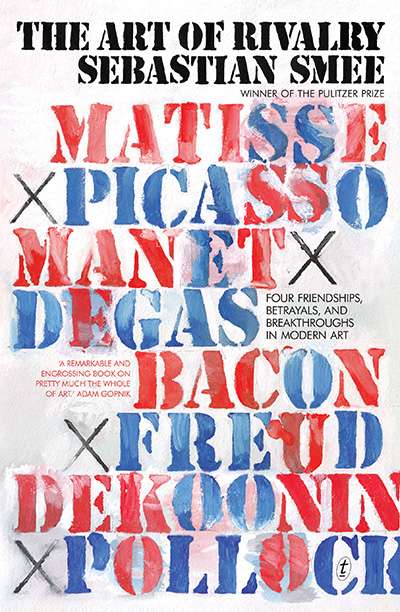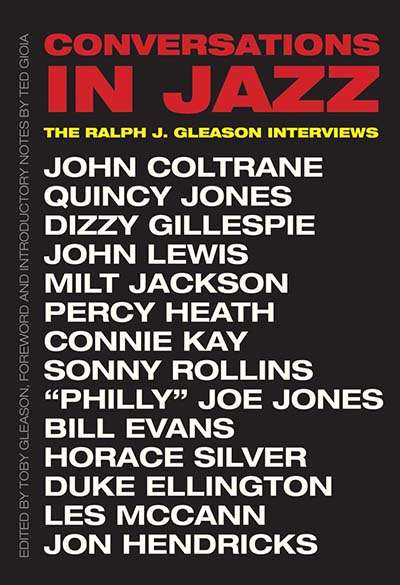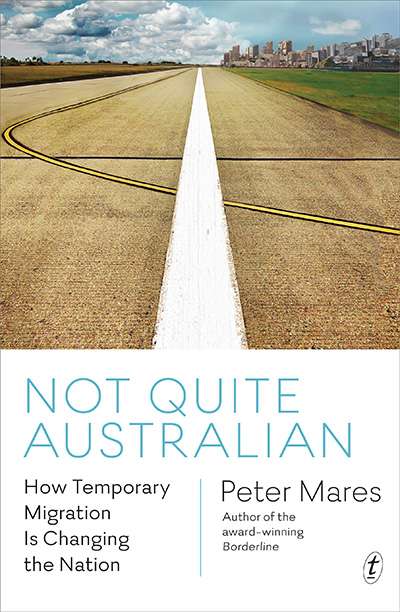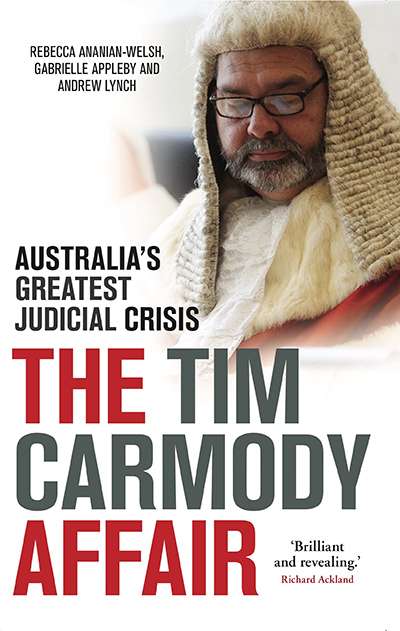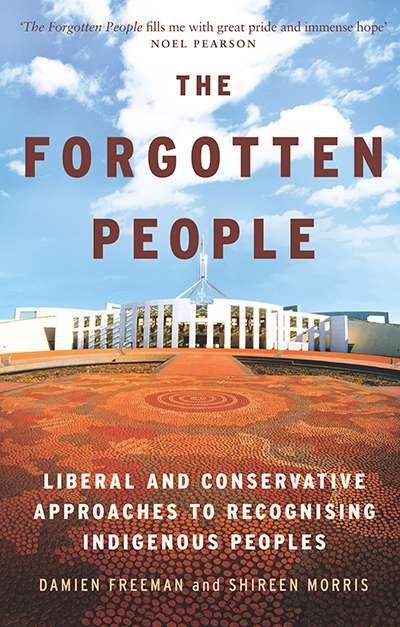Non Fiction
In an extraordinary year for British politics the gloriously unexpected triumph of Jeremy Corbyn in the Labour Party’s leadership election in September 2015 probably ranks ...
... (read more)Inside the Art Market: Australia’s galleries: A history 1956–1976 by Christopher Heathcote
Like any good storyteller, Christopher Heathcote begins by setting the scene: ‘one of those scruffy unpaved streets on the outer fringe’ of Melbourne on a wintry day in 1956 ...
... (read more)The Art of Rivalry: Four friendships, betrayals, and breakthroughs in modern art by Sebastian Smee
It seems a particularly masculine take on the processes of art to examine the way rivalry spurs on creativity and conceptual development. Yet this is not the book the Boston Globe’s ...
... (read more)‘You might ask how a man who spent his days with the major poems of Browning could wish to spend his evenings with the minor movies of Chow Yun-fat,’ Clive James asks ...
... (read more)Virtuosi Abroad: Soviet music and imperial competition during the early Cold War, 1945–1958 by Kiril Tomoff
The Soviet violinist David Oistrakh made a triumphant tour of Australia in 1959, a few years after his wildly successful New York début. Along with pianist Emil Gilels and cellist ...
... (read more)Conversations in Jazz: The Ralph J. Gleason interviews edited by Toby Gleason
It is a testament to Ralph J. Gleason’s standing in the jazz community, at the time these interviews were made, that a composer of the stature of Duke Ellington would consider ...
... (read more)Transgressions in Anglo-American Cinema: Gender, sex and the deviant body edited by Joel Gwynne
As long as there have been moving images, people have fretted about cinema’s special dexterity at breaching sexual and social norms. We now have sophisticated tools to help us ...
... (read more)Not Quite Australian: How temporary migration is changing the nation by Peter Mares
Migration is widely regarded as one of the most important policy issues on the global agenda. Not only does it have economic implications for states, it also poses certain challenges for ...
... (read more)The Tim Carmody Affair: Australia’s greatest judical crisis by Rebecca Ananian-Welsh, Gabrielle Appleby, and Andrew Lynch
With a few notable exceptions (Michael Kirby springs to mind), judges in Australia do not have a high public profile. Many non-lawyers would struggle to name a judge currently ...
... (read more)It’s Our Country edited by Megan Davis and Marcia Langton & The Forgotten People edited by Damien Freeman and Shireen Morris
Are you part of the non-Indigenous majority? Have you had too little contact with Aboriginal and Torres Strait Islander people? Do you feel that you do not fully comprehend their ...
... (read more)


